News and press releases
On this page you will find news, press releases and updates on our activities and how we support Dutch exporters with export credit insurance.
 Dutch State Business offices
Dutch State Business offices
nl_NL = /kennisbank/news, en = /en/kennisbank/news
nl_NL = /kennisbank/news, en = /en/kennisbank/news

On this page you will find news, press releases and updates on our activities and how we support Dutch exporters with export credit insurance.

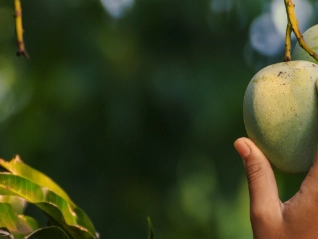
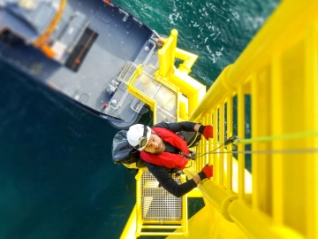


Load more
Viewing 7 out of 83
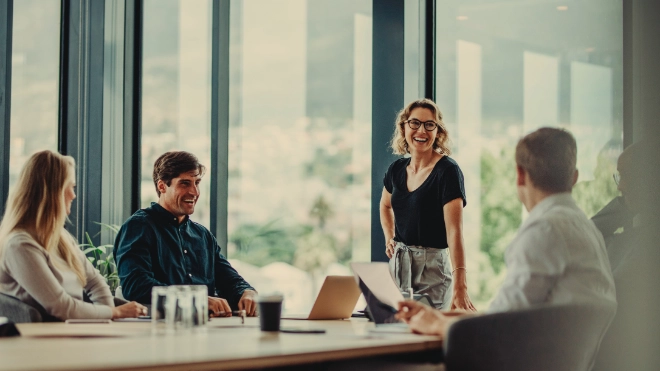
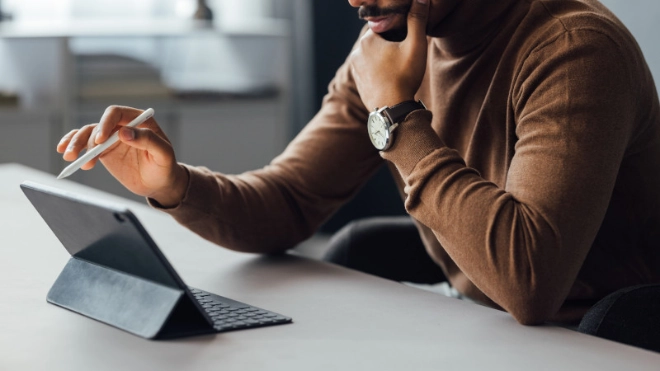
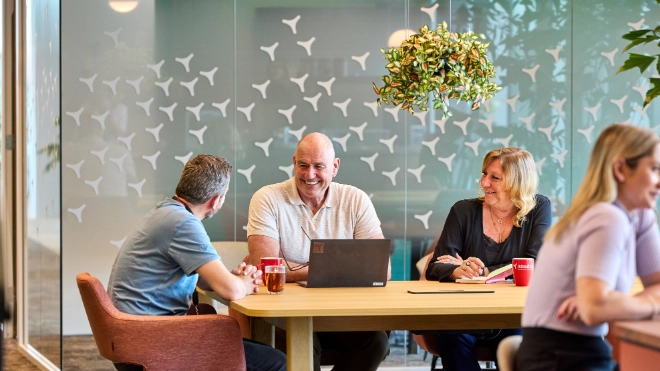
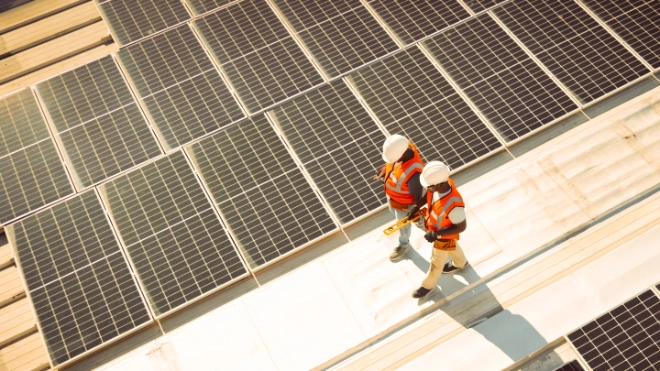




A secure solution for your export transaction?
Automatically receive our online magazine - Creditnotes.